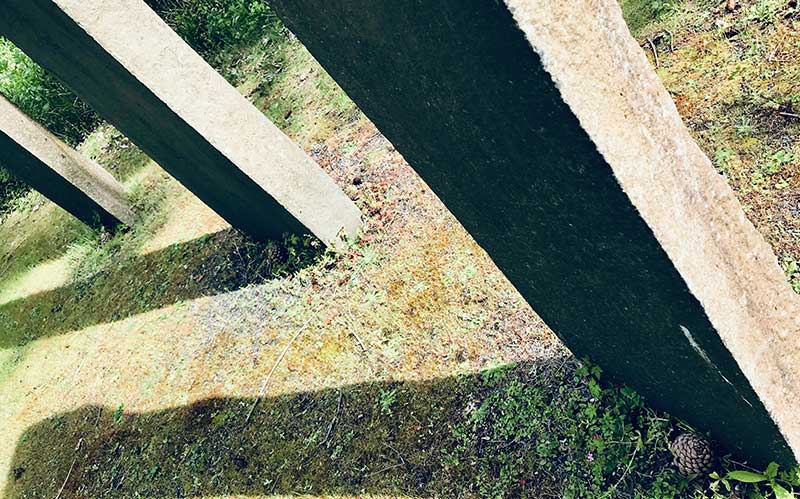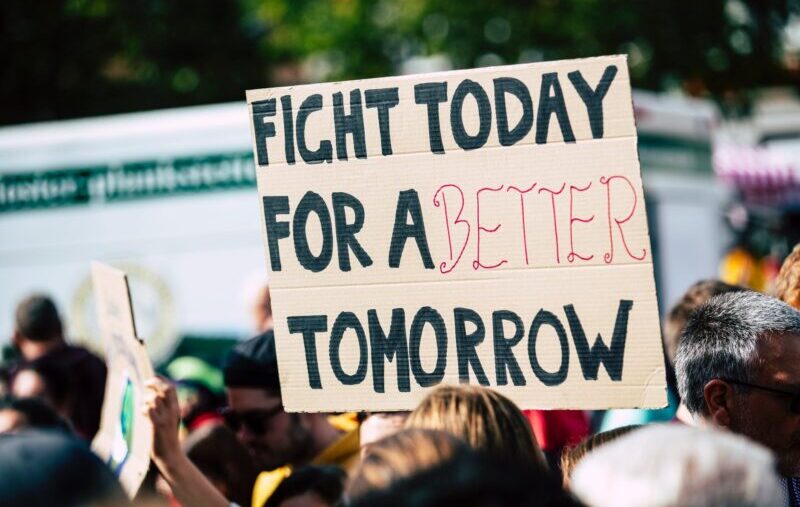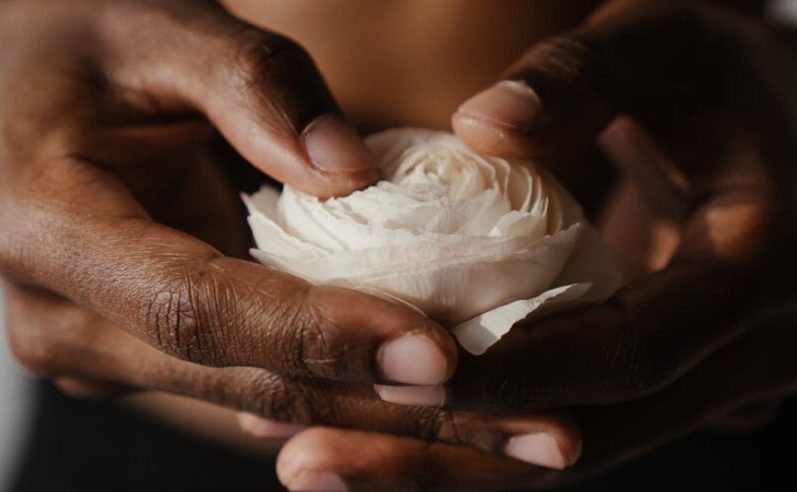“Prophets, by their very nature, can’t be right at the center of the social structure. They cannot be full insiders, but they cannot throw rocks from outside either. Their structural position to this day is “on the edge of the inside.” You must know and live the essential rules before you can critique what is not essential or not as important.” – Richard Rohr
I’m taking the risk that this piece will feel esoteric to some, perhaps even exclusionary. That is not my intention. Rather, I invite you to consider the ways – through the lens of a very particular example – you play the role of priest or prophet in your own practice of leadership. That is to say, do you find yourself leading in service of maintaining systemic order or leading in service of disrupting the status quo in support of a larger ideal?
Let’s remember our history right from the start: most prophets get killed. In spite of the intention that prophets would serve as a balance to the formal structures of the early church their role as disrupters would often become too much – too uncomfortable – for the kings and priests whose job was to hold the whole thing together.
The demanding realities of organizational systems – especially the dynamic realities of hierarchy, power and control – make it laughable to some to even consider this conversation. Understandably, most leaders don’t want to get killed. It seems to me, though, that the focus on avoiding death is alarmingly disproportionate to the energy spent defining what it is the leader is going to live and lead for. And in that focus on the avoidance of death – and in the absence of higher calling – comes the worst kind of loyalty, acquiescence to the seat of authority that granted the promotion in the first place. This misplaced loyalty comes at a steep organizational cost as the needs of the entire system, the stated ideals and vision of the enterprise, are so frequently sacrificed at the altar of personal gain.
Our organizations must not just tolerate but actively cultivate prophets, those precious few who can operate “on the edge of the inside,” serving the system by maintaining a remove that allows for a healthy and constructive critique of just how far it has strayed from its stated ideals. Essentially, this is about the courage and ability – and potentially the self-sacrifice – to hold the system in a conversation about the distance between where it is and where it says it wants to go.
It is not idealistic to say that a balance between priest and prophet is attainable. It is simply a decision to be made by those in the “seat of power” to no longer view the “seat of power” as a one-dimensional construct that occasionally tolerates outside perspective as an exercise of “inclusion” or “diversity.” It is decision to be lived out through thousands upon thousands of daily behaviors that promote tolerance, strive for understanding, enhance learning, open dialogue, challenge perspectives and energize commitment. Yes, a big decision but a decision just the same.
Once again, do you find yourself leading in service of maintaining systemic order or leading in service of disrupting the status quo in support of a larger ideal?
“For the prophets it was all about the purity and integrity of the divine-human relationship, which led them to point out the immense injustices of their world, their kings, and their priests.” – Richard Rohr





